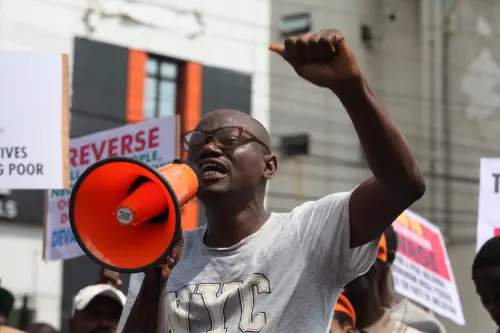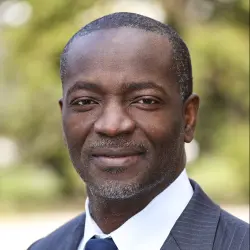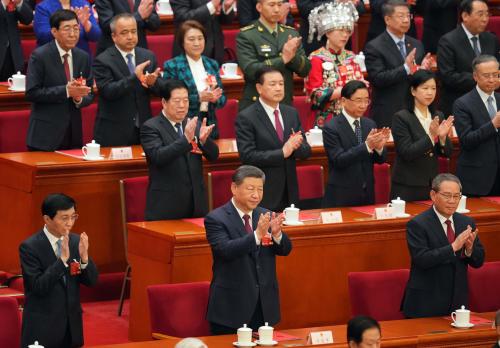

2:00 pm EDT - 3:45 pm EDT
Past Event
2:00 pm - 3:45 pm EDT
1775 Massachusetts Avenue N.W.
Washington, DC
20036
The African Continental Free Trade Agreement (CFTA) is a groundbreaking achievement in African diplomacy, trade, and economic development. The potential to cover 1.2 billion people and over $4 trillion in combined consumer and business spending opens up the continent to new investors and better opportunities for its entrepreneurs. Intra-African trade is expected to skyrocket, and with it, industry and manufacturing. At the same time, the agreement introduces opportunities to re-approach existing trade relationships, like the African Growth and Opportunity Act (AGOA), to make trade more beneficial for all. The signing of the agreement this spring, though, is still only an early step. Large economies, such as Nigeria, still need to join. Regional and nationals interests will continue to throw up obstacles. Other negotiations over issues such as intellectual property still need to be hashed out.
On Friday, July 13, Deputy Chairperson of the African Union Commission H.E. Quartey Thomas Kwesi joined the Brookings Africa Growth Initiative David M. Rubenstein Fellow Landry Signé to discuss the next steps for implementing this groundbreaking trade agreement as well as examine how existing trade agreements, such as AGOA, will and should fit into the new global trade regime. Their conversation was followed by a panel discussion.
After the program, the panelists took audience questions.

Moderator

Panelist


Nathalie Delapalme, Landry Signé
April 2, 2025

Jonathan A. Czin
March 28, 2025

Jamie P. Horsley
March 28, 2025